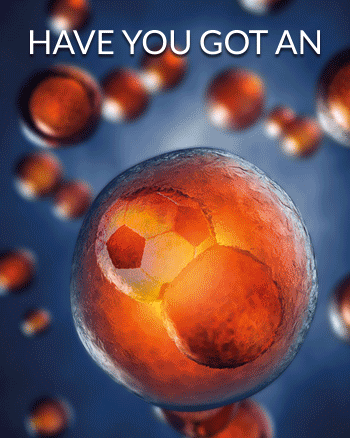Keywords
Adrenal insufficiency, Addison’s disease, Hashimoto’s disease, autoimmune polyglandular syndromes, autoimmune polyendocrine syndrome type 2
Abstract
Addison’s disease is a rare, autoimmune condition leading to the destruction of the adrenal gland. Autoimmune conditions are known to commonly co-occur. When Addison’s disease presents in the setting of autoimmune thyroid disease and/or type 1 diabetes, this condition is termed autoimmune polyendocrine syndrome type II, a rare endocrinopathy found in roughly 1.4-4.5 per 100,000 individuals. Here, we describe a clinical case presenting with hypotension refractory to fluid resuscitation and electrolyte derangements later diagnosed as autoimmune polyendocrine syndrome type II.
References











